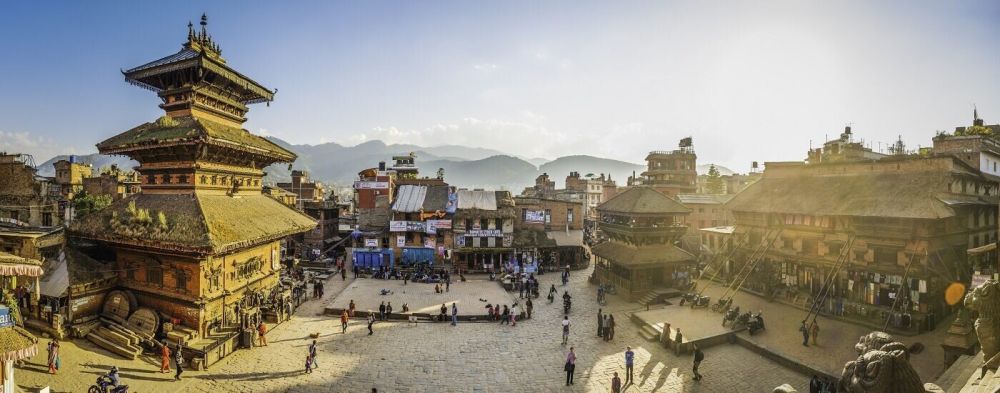

The history of tourism in Kathmandu, the capital city of Nepal, is deeply intertwined with the city's rich cultural heritage and stunning natural beauty. Kathmandu has long been an alluring destination for travelers around the world, with its tourism roots extending back to the hippie trail of the 1950s and 1960s when Western adventurers began to seek out the mystical and exotic cultures of the East.
Initially considered a destination for explorers and mountaineers, Kathmandu saw the rise in tourism with the success of various expeditions to Mount Everest in the 1920s and 1950s. This not only put Nepal on the map but also sparked global interest in the Himalayas and the unique cultural tapestry of the region.
By the 1960s, Kathmandu became a haven for the hippie subculture, leading to a substantial increase in tourist numbers. The tranquil temples, vibrant markets, and the promise of spiritual enlightenment turned Kathmandu into a popular pitstop on the famed hippie trail.
Responding to the growth, the Nepalese government and private entrepreneurs invested in tourism infrastructure with the development of hotels, restaurants, and travel agencies. The establishment of the Tribhuvan International Airport in the 1950s provided much-needed connectivity and further boosted international visitation.
The UNESCO designation of several Kathmandu Valley sites as World Heritage Sites in 1979 brought higher levels of protection and conservation to the area as well as a more diverse and larger number of international tourists.
Despite occasional setbacks such as political instability, economic challenges, and the devastating earthquake of 2015, Kathmandu's tourism sector has shown resilience. Each challenge has been met with concerted recovery efforts that helped preserve Kathmandu's status as a top tourist destination.
In recent years, there has been a shift towards sustainable and responsible tourism in Kathmandu, with visitors increasingly interested in authentic experiences, community homestays, and eco-friendly travel options. The trend also leans heavily on adventure tourism, which includes treks, mountaineering, and paragliding. Moreover, the rise of digital platforms has made information and booking travel to Kathmandu more accessible than ever before.
The colourful history of tourism in Kathmandu reflects a city that is constantly evolving yet retains its ancient allure and cultural essence. With ongoing efforts to sustain and develop tourism responsibly, Kathmandu continues to enchant and welcome travellers from across the globe.